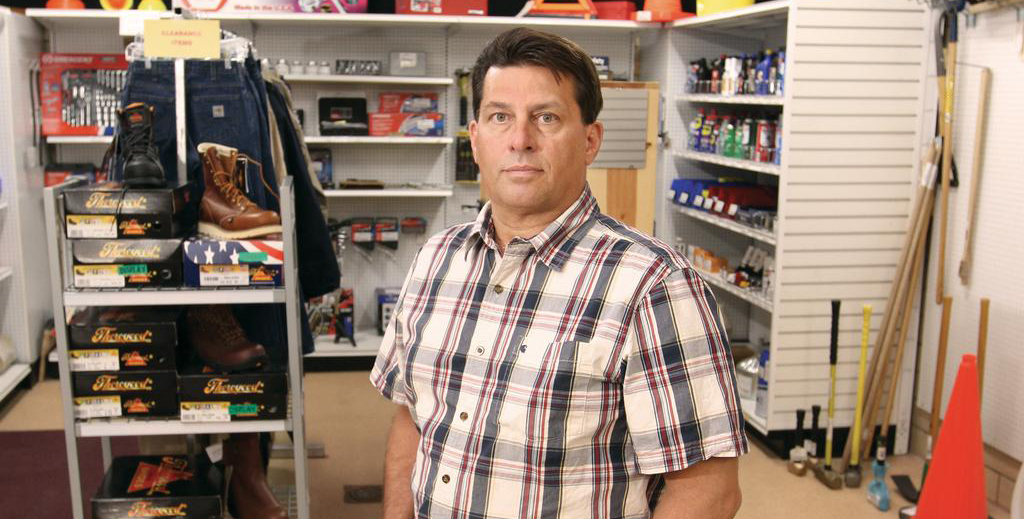As Paul Battista sees it, Gov. Tom’s Wolf’s policies are hindering the oil and gas sector, which the owner of industrial supply company SunnySide Supply Inc. believes has the potential to be the biggest driver of economic growth in the state.
“He needs to not be looking at his toes. He needs to be looking down the road,” Battista said.
Family-owned, SunnySide has been selling products for more than 30 years. It started out as a supplier of maintenance and operating goods for Pittsburgh-area manufacturers and institutions. But as the region’s shale gas fields have been developed, the company in Slovan, Washington County, has been shifting its focus more toward the oil and gas sector, selling general industrial and safety supplies.
Some of its customers are major gas producers and pipeline operators doing business in the region, including Consol Energy Inc. and MarkWest Energy Partners. However, Battista said his customer base is primarily made up of oilfield companies providing services to the larger producers and pipeline operators. So anything that diminishes drilling and pipeline construction impacts sales.
Low commodity prices already are pressuring the oil and gas sector. On top of that, there’s uncertainty arising from the potential for a severance tax on drilling and an expanded sales tax.
With the severance tax, Wolf has proposed a 5 percent charge on the value of produced gas, plus a 4.7-cent fee on every thousand cubic feet that’s drawn from the ground. The sales tax would be increased to 6.6 percent from 6 percent, plus several exemptions would be eliminated.
Battista said margins are thin, and new taxes will discourage investment.
“Now you add more overhead with the severance tax, and I just have a real strong feeling that the industry is going to pull back even more. People say they won’t leave because the gas is here. But if another play looks better from an economic standpoint, they’re going to move to another play,” he said.
Since Wolf took office, the permitting process for pipeline projects has slowed due to a more-rigorous regulatory approach, Battista said, and that has implications not only for his business, but the state overall.
“There are opportunities for people in the Philadelphia area to create downstream jobs in the petrochemical industry,” he said. “The plants are there, but what they need is the feedstock to process. We need to get the pipelines across the state so we can get the product there.”
He said small businesses such as his see a storm approaching and are deferring investments.
“So what does everybody do? You pull back and you seek shelter. That’s what I think everybody’s doing,” he said.
The company is looking to hire one person, but that’s only to replace someone else who had left, Battista said.
“If the industry and the economy looked better, we would hire a few more people, but right now the business and the industry is going in the other direction,” he said.

